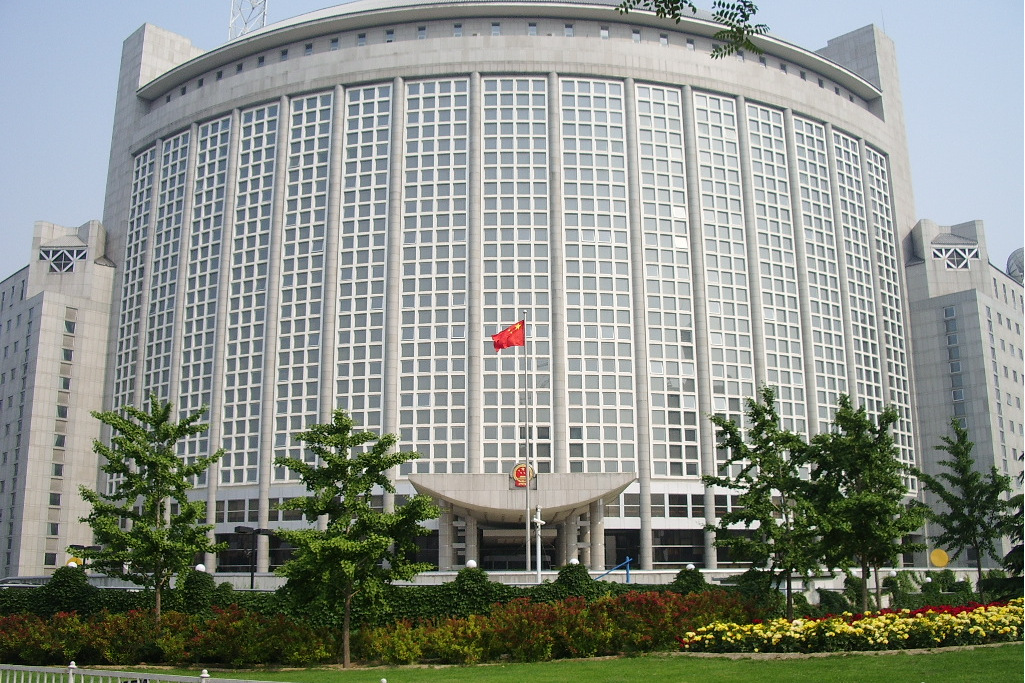
On 13 May 2022, the Supreme People’s Procuratorate (SPP) and China Disabled Persons’ Federation jointly released ten typical cases of public interest litigation to protect the rights and interests of persons with disabilities.
The newly-released cases involve protecting the rights and interests of persons with disabilities in employment, barrier-free environment, education, rehabilitation, social security, cultural life, information security, and other aspects.
Among them, the following two cases are noteworthy.
1. The first case was against several employers in Guangzhou who posted “No Vacancy for Disabled Workers” in their online job advertisements, violating the fundamental rights of disabled people to equal participation in social life.
In response, the People’s Procuratorate of Huangpu District filed a public interest lawsuit against these employers, asking them to rectify the problem properly. Currently, the involved employers have removed the discriminatory content from their job advertisements.
2. In the second case, the People’s Procuratorate of a county in Zhejiang Province found that the information disclosure platform of the county’s Finance Bureau contained a large amount of unprocessed personal information of the disabled, including their ID card numbers, bank card numbers and types of disabilities.
In response, the Procuratorate issued procuratorial suggestions to the Finance Bureau, requesting it to de-identify the relevant information.
As we have introduced in our earlier post, “How China’s Procuratorates Conducts Public Interest Litigation?”, filing and reviewing public interest litigation is part of the main functions of China’s procuratorates. For more information on the functions of procuratorates, you can read the post “Don’t Forget the People’s Procuratorate When Resorting to China’s Judicial System”.
For now, China’s procuratorates at all levels have focused their primary efforts on public interest litigation cases concerning the rights and interests of people with disabilities.
Cover Photo by Joshua Fernandez on Unsplash
Contributors: CJO Staff Contributors Team









